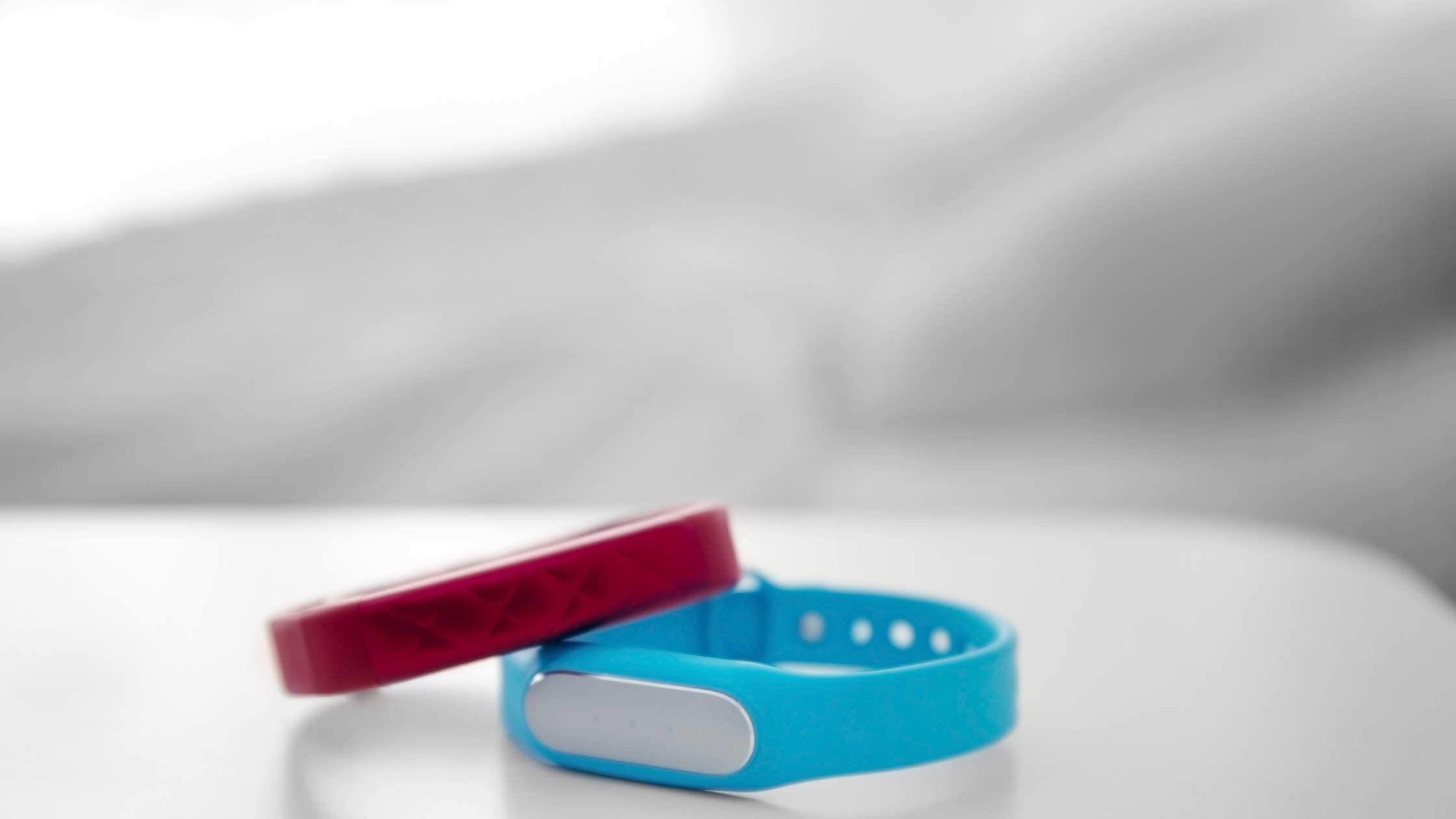
In today's fast-paced world, the importance of quality sleep cannot be overstated. Lack of sleep can lead to a myriad of health issues and negatively impact overall well-being. Fortunately, advancements in technology have given rise to sleep tracking and monitoring devices that aim to optimize our sleep patterns. These devices promise to provide insights into our sleep quality, duration, and patterns. However, like any technology, they come with their own set of pros and cons. In this blog post, we will explore the advantages and disadvantages of sleep tracking and monitoring devices.
Pros:
Awareness and Insights
Sleep tracking devices offer valuable insights into our sleep patterns. They can track the duration and quality of sleep, including factors such as the time taken to fall asleep, the number of times one wakes up during the night, and the different stages of sleep experienced. This awareness allows users to identify any underlying sleep issues or patterns that may be affecting their sleep quality.
Improved Sleep Habits
With the information gathered from sleep tracking devices, users can make informed decisions to improve their sleep habits. By identifying specific behaviors or environmental factors that disrupt sleep, individuals can make adjustments, such as avoiding caffeine before bedtime or optimizing their bedroom environment for better sleep.
Health Monitoring
Sleep plays a crucial role in overall health. Sleep tracking devices can help monitor important health metrics, such as heart rate, respiration rate, and even snoring patterns. Identifying irregularities in these metrics can be an early indicator of potential health problems, including sleep disorders like sleep apnea or other underlying conditions.
Sleep Efficiency
Sleep tracking devices can assess sleep efficiency, which refers to the ratio of time spent asleep compared to the time spent in bed. By tracking sleep efficiency, users can evaluate the effectiveness of their sleep and adjust their routines accordingly. For instance, if someone spends a significant amount of time in bed without actually sleeping, they can make changes to promote better sleep efficiency.
Cons:
Inaccurate Data
Sleep tracking devices rely on various sensors and algorithms to monitor sleep. However, they are not always 100% accurate. Factors like device placement, movement during sleep, and other environmental influences can affect the data accuracy. Users should be aware that the information provided may not always be completely reliable.
Over-Reliance and Obsession
Some individuals may become overly reliant on sleep tracking devices, constantly worrying about the data and becoming obsessed with achieving perfect sleep. This obsession can create stress and anxiety, which ironically can lead to poorer sleep quality. It's important to use these devices as tools for guidance rather than becoming fixated on achieving ideal sleep metrics.
Disruption of Sleep: Sleep tracking devices often require wearing a device or placing it on the bed, which may cause discomfort or disrupt sleep. Some people may feel self-conscious or restricted by the device, leading to a negative impact on their sleep quality.
Privacy and Data Security: Sleep tracking devices collect personal data, including sleep patterns and health metrics. Users should consider the privacy and data security implications associated with these devices. It is crucial to choose reputable brands and ensure that data is securely stored and not shared with unauthorized parties.
Conclusion
Sleep tracking and monitoring devices offer valuable insights and potential benefits in optimizing sleep quality and overall health. They can raise awareness of sleep patterns, help identify sleep disorders, and promote healthier sleep habits. However, users should be mindful of the potential drawbacks, including inaccurate data, over-reliance, disruption of sleep, and privacy concerns. Ultimately, the decision to use sleep tracking devices should be based on individual needs and preferences, striking a balance between leveraging technology for better sleep and maintaining a healthy relationship with sleep itself.
If you or someone you know is struggling with sleep deprivation, then please click the orange button below to take a free online sleep test and talk with one of our sleep health professionals.

